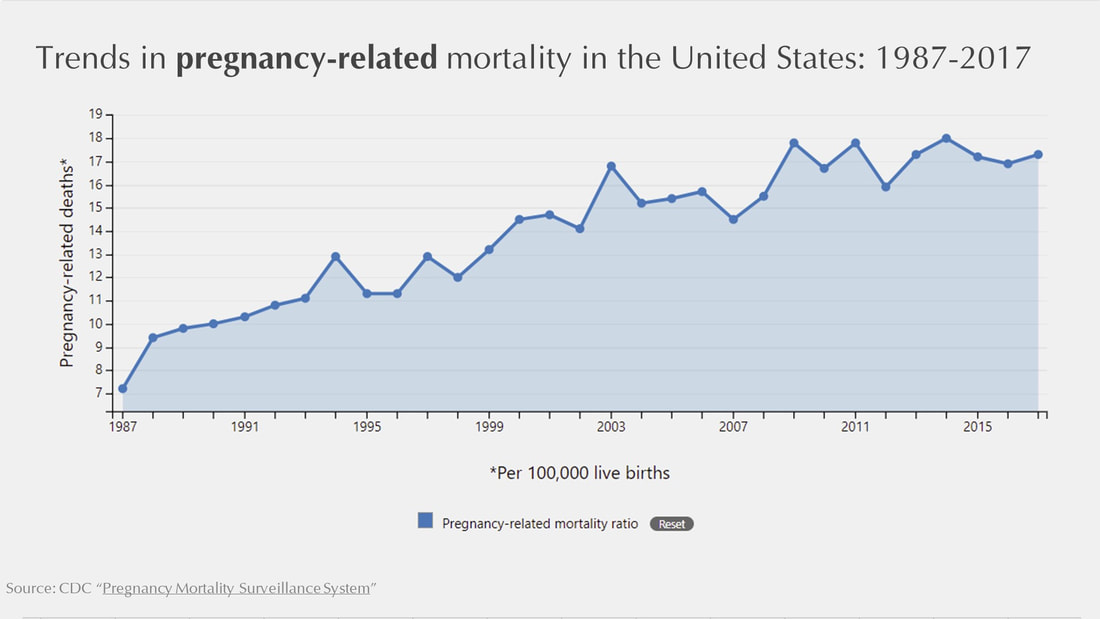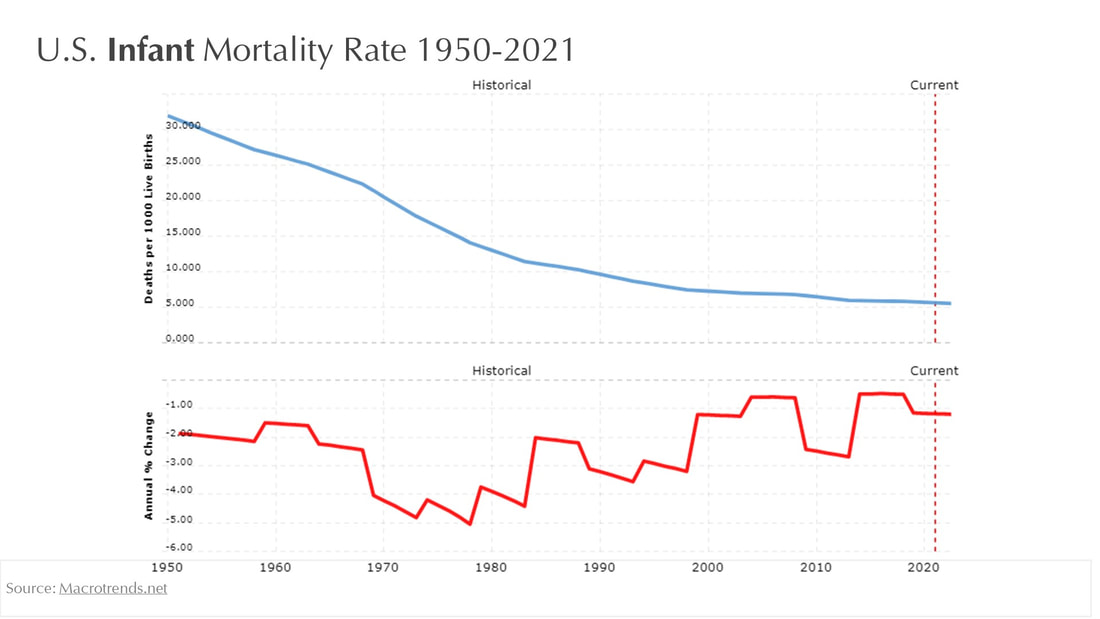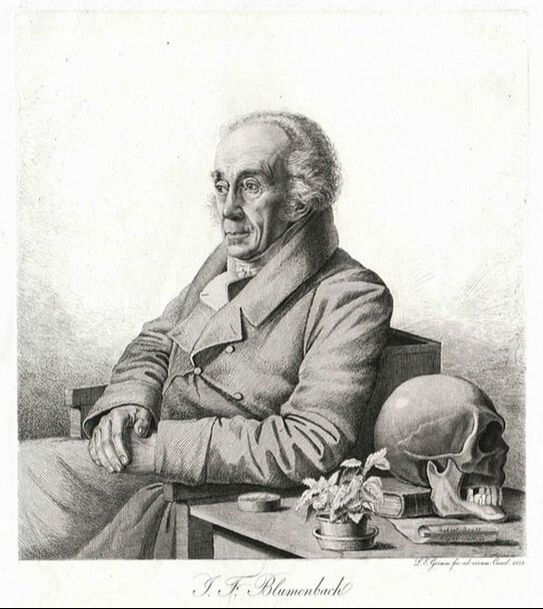Scott AndersonActs 1:15-17, 21-26 † Psalm 1 † 1 John 5:9-13 † John 17:6-9 A video version of this sermon can be found here. Perhaps you are aware that the US is the only developed country in which pregnancy-related mortality—deaths of women in childbirth—is actually going up rather than down. And while rates of infant mortality have generally gone down over the years, infant mortality remains a big problem among some populations—this in a country that has demonstrated such astonishing scientific capabilities when it comes to things like rapidly developing vaccines in a crisis that we are able to anticipate being back together next week. As of 2020, American women were far more likely to die from pregnancy-related causes than women in other wealthy countries.[i] There is an important, and startling caveat to all this, though. These numbers are not trending across the board. Both of these rates are driven by what is going on with Black women and babies.
1 Comment
Scott AndersonGenesis 1:1-5 † Psalm 29 † Acts 19:1-7 † Mark 1:4-11 A video version of this sermon can be found here.
Scott Anderson2 Samuel 7:1-11, 16 † Luke 1:46b-55 † Romans 16:25-27 † Luke 1:26-38
A video version of this sermon can be found here. Would it surprise you to know that this story from Second Samuel, this story of the victorious King David, now settled in his reign, now looking to build a permanent temple for God did not actually come together at a time when “the king was settled in his house and the LORD had given him rest from all his enemies around him”? Would it surprise you to know that it came about much later, during captivity in Babylon, when the temple that David’s son Solomon ultimately built for the LORD lay in ruins along with much of the civilization Israel had known at its peak, when the best and the brightest and the most privileged of Israel’s citizens had been forced to resettle as refugees in a foreign land? Would it surprise you to know that it came about when there was no rest, no house, and no king?[i] Perhaps it doesn’t surprise you. Perhaps it surprises you no more than knowing the story of Mary and the angel Gabriel was written down a full generation or two later, at a time when this one whose birth is foretold, this Jesus the Messiah had been executed as an enemy of the state and the church, and this miraculous child John, of the eighty-something year-old Elizabeth, had been beheaded, and when the very structure of Jewish life that serves as the backdrop to this story had been undercut, when there was once again no rest, no house, and no king. What is it about this hope of ours, that it seems to thrive when things are unfinished, that it seems to flourish most in trouble, in suffering, and in need? What is it about this mysterious faith of ours, that it is strongest, according to Romans, when revealed after long ages of being kept secret? What is it about this love of ours, that it is made perfect in weakness? Scott AndersonZephaniah 1:7, 12-18 † Psalm 90:1-12 † 1 Thessalonians 5:1-11 † Matthew 25:14-30
A video version of this sermon can be found here. The kingdom of God, the reign of God, the world in which God’s will is done is like this: a man going on a journey summoned his servants and entrusted his considerable riches to them. We’ve talked about this parable before. It is a sticky one—one of those that can be read in multiple ways depending on how you identify the players, depending on the way you read it. And there may be no right answer to it, except the one that gets us closer to the deep truth of God’s life in the world and in us in this moment in time, which is probably the one that disturbs and challenges us the most. I suspect we know the traditional reading. This is a story about the importance of doing something with the gifts and the talents we have been given. And this is true, isn’t it? It is important. The master to whom the talents belong is God, or maybe Jesus, and the servants are the disciples—us, you and me—who take what we’ve been given and use it for good, or don’t perhaps to our peril. Paul kind of sums up this idea in his letter to the Thessalonians: “Encourage one another and build up each other, as indeed you are doing.” Make investments in God’s ways, in other words, and be cautious when God’s ways challenge those ways to which we have grown accustomed. There’s much to be drawn from this, and some difficulties as well. How, for example, do we reconcile this callous or even cruel absentee owner for whom forgiveness seems to be a rare commodity, who seems to take delight in enriching those who are already rich and throwing the one who already had little into the darkness—how do we reconcile this image with the God who in Jesus is love and justice equally? How do we imagine that this one who gave his life for the sake of the world could be so hard-hearted? |
St. Andrew SermonsCategories
All
|



 RSS Feed
RSS Feed